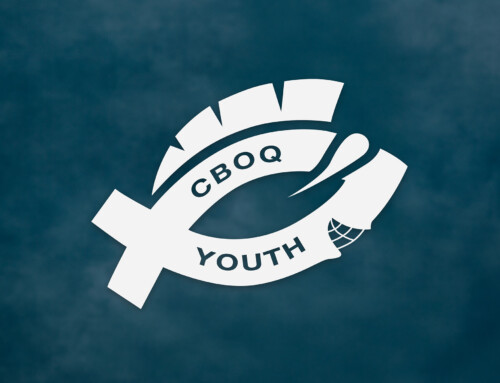Ask a church their definition of “youth ministry”, you’ll probably get a variety of responses. Many define it as a program where youth are the target audience. Others emphasize mentoring and relationships with youth. Recently, some are expanding it to be family ministries i.e. ministering to parents and their families.
Over the last few months, I’ve (Alvin) recognized there is a distinction between youth ministry and a church’s reponse to that demographic. Granted, I realize that some may argue I’m just relabelling words, that it’s all semantics. Setting aside how exactly we label these two distinctions, let me suggest where the distinction lies.
There are some who are called to minister to specific people groups, whether they be youth, young adults, seniors, children, women, men, etc. While each Christian is called to care for everyone around, we are each gifted to serve different aspects of God’s ministries. Youth workers, whether paid or volunteer, are gifted to minister to youth. Historically, many youth workers saw themselves as the primary spiritual caregiver to those youth and, in some cases, disregarded their parents (even saw them as “the enemy” sometimes). In recent years, more youth workers recognize the role of the parent and aim to support parents as they raise their youth. (For a long time, I was an advocate for that.)
However, what’s starting to shift is the expansion of the youth worker to include parental care as part of their responsibilities. What’s happening in some contexts is the youth ministry (defined as the area which the youth worker oversees) is expanding its scope to a larger segment of the church to the point where other areas of ministry relinquish their ministry responsibilities in the shepherding of those parents. For those familiar with the “Mickey Mouse” analogy for youth ministry, the ear begins to grow bigger, almost to the same size as the face. This isn’t healthy growth for the church.
The distinction lies in who ministers to whom and how that integrates with the church as a whole. I still believe that youth ministry (which is the “response by the whole church to that demographic”) is to support parents (whether Christian or not) as they raise their kids. However, how that is implemented is not solely dependent on the youth worker. Rather, the church as a whole needs to be involved in that response. e.g. Older members need to walk alongside and support parents in the raising of their kids. Other adults are vital in establishing some form of mentoring, caring relationships with the youth (see “Sharing Life“). Youth workers help to synergize the collective of youth together. No one part of these should function alone, but recognize they need to work together in effectively discipling youth.
By no means is this a finished concept in my mind. I’m still wrestling with how God is directing all this together. However, I do believe this is a vital distinction as the church moves forward in this area.





Thanks for this post Alvin. I am a also a believer that youth ministry should not just be something that is done in isolation, but is an integral piece of the entire mission of the church – making disciples. I also believe the same can be said about ministry to seniors, middle aged, men, women, young adults … We are all in this together and our tendency to ‘ghettoize’ hurts everyone! However – easier said than done! If your concern is true, (and I believe it is!) then the pathway to answers will only become clear if we all come together to look for it.